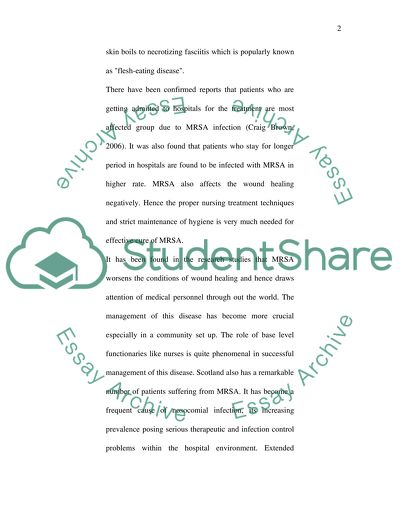Cite this document
(“The Implications of MRSA on Wound Healing Case Study”, n.d.)
Retrieved from https://studentshare.org/science/1526768-the-implications-of-mrsa-on-wound-healing
Retrieved from https://studentshare.org/science/1526768-the-implications-of-mrsa-on-wound-healing
(The Implications of MRSA on Wound Healing Case Study)
https://studentshare.org/science/1526768-the-implications-of-mrsa-on-wound-healing.
https://studentshare.org/science/1526768-the-implications-of-mrsa-on-wound-healing.
“The Implications of MRSA on Wound Healing Case Study”, n.d. https://studentshare.org/science/1526768-the-implications-of-mrsa-on-wound-healing.


